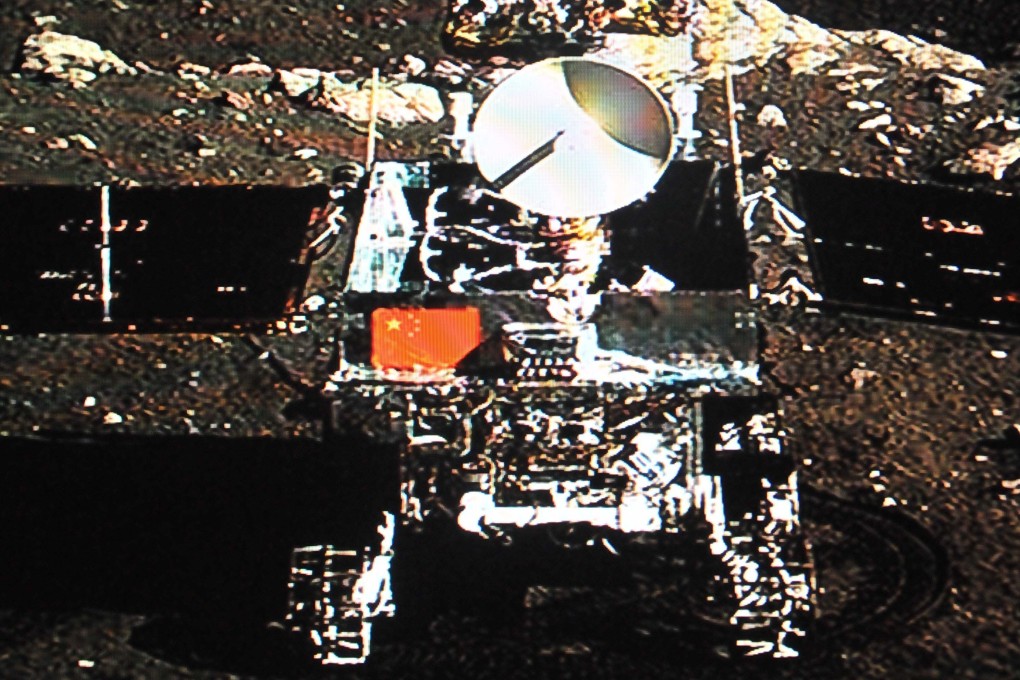The fuel quest that could be driving China’s mission to the moon
- Lunar resources could, in theory, help spacecraft push deeper into space

China landed a probe on the far side of the moon on Thursday with remarkably little fanfare, yet the feat is one giant leap for a nation that is long been regarded as an also-ran in the space race.
With entrepreneur Elon Musk tweeting pictures of starships and Nasa targeting a manned mission to Mars one day in the distant future, the moon might seem a less exciting destination.
But space experts quickly applauded China’s technical mastery in the landing of the Chang’e 4 probe, and said that while short-term opportunities to mine the moon for minerals might be minimal, long-term implications for space exploration were real.
“China thinks in decades,” said Clive Neal, a lunar expert at the University of Notre Dame. “The US thinks in presidential terms.”
Last year, for the first time, China passed the United States in the number of orbital launches, most of them for satellites. With the moon landing, China is now positioned as a contender for exploration, communications and space commerce.
The stated goal for the Chang’e 4 rover on the far side: collect samples and identify the minerals that are found there.